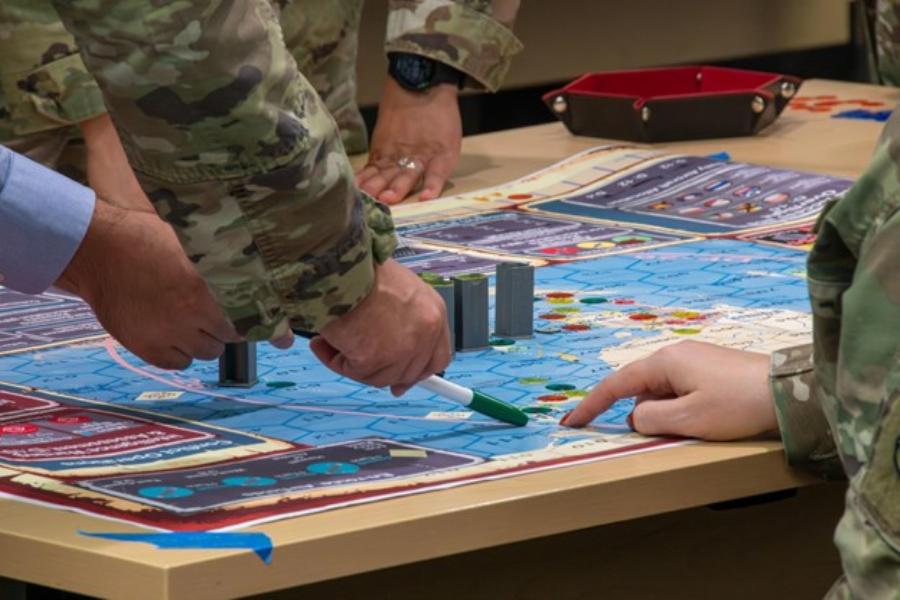Role-playing games (RPGs) have significantly shaped gaming culture in numerous ways. From story-driven adventures to social role-play, RPGs bring more than just fun—they influence how games are made, how people play, and how communities form.
1. RPGs and Storytelling in Games
RPGs are known for rich storytelling. Games like Final Fantasy, The Witcher, and Skyrim give players engaging characters, deep lore, and meaningful choices. This focus on narrative has influenced other genres, such as shooters and adventure games, to include stronger storylines and character development.
2. Player Choice and Agency
One big impact of RPGs is giving players agency the power to make meaningful choices. Whether it’s moral decisions or problem-solving, RPGs demonstrate how games can enable players to shape the story. This idea has spread across gaming, leading to more branching paths, multiple endings, and meaningful actions in many other games.
3. Role-Playing and Identity
RPGs encourage role-playing, stepping into another character’s shoes. Players make avatars, choose their traits, and define how their character behaves. This freedom to create an identity helps players express their creativity and explore different aspects of themselves. It also strengthens emotional connection with the game world.
4. Community and Group Play
Tabletop RPGs, such as Dungeons & Dragons, foster strong communities. Players gather around a table to collaborate on stories. Digital RPGs, especially those available online, continue this tradition. MMORPGs (Massively Multiplayer Online RPGs) such as World of Warcraft and Final Fantasy XIV foster guilds, teams, and social bonds through shared adventures.
5. RPG Mechanics in Other Genres
Many RPG mechanics like leveling up, skill trees, and loot systems are now in action and shooter games as well. Titles like Borderlands, Diablo, and Mass Effect mix action with RPG progression. This blend of genres demonstrates how RPG elements enhance games’ reward and engagement.
6. Cultural Influence Beyond Gaming
RPGs inspire books, TV series, and podcasts. Narratives from games are adapted into new media, and player-made stories (like Let’s Play videos and streams) become cultural products on their own. Players also create fan art, write fiction, and design fan-made adventures, showing how RPGs spark creativity beyond gameplay.
7. Accessibility and Design Innovation
RPGs often offer customizable difficulty levels, narrative assistance, and guided tutorials. These features make games more welcoming and inclusive. Game designers in other genres have adopted these changes, improving overall accessibility in gaming.
Conclusion
Role-Playing Games shape gaming culture through deep storytelling, player agency, social play, and creative structure. Their influence spans genres and inspires both creators and communities. As games continue to evolve, RPG design and philosophies remind us of the power of immersive worlds and player-driven stories.






